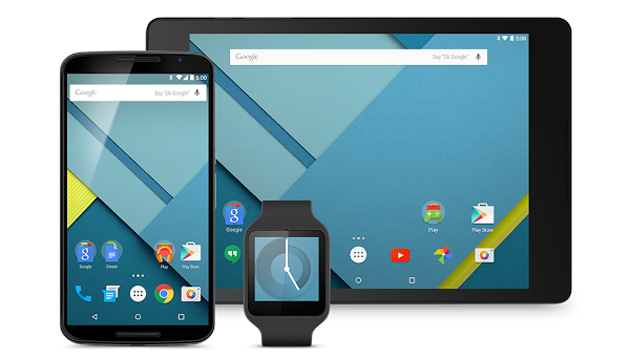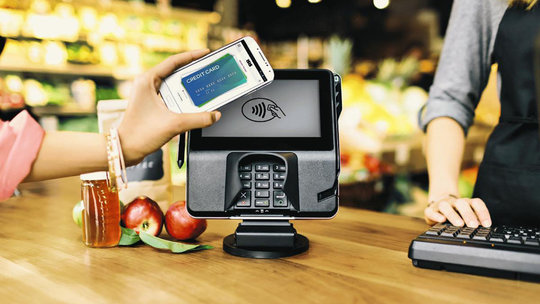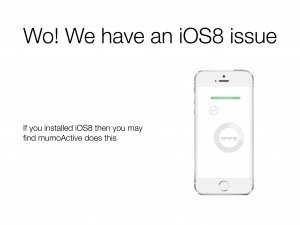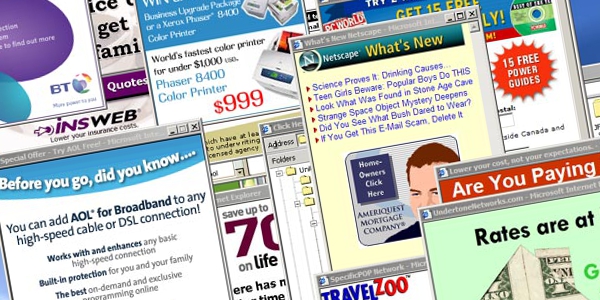
Google has been pushed by the movie and music industry, alongside other anti-piracy groups, to help try to shut down file-sharing website The Pirate Bay.
The Pirate Bay Proxy, The Pirate Bay Premium, The Pirate Bay Mirror and PirateApp have all been removed by Google from the Play store. Any others that crop up will be dealt with in the same fashion. Most of the apps provide a proxy service to The Pirate Bay on mobile, allowing users to download various pirated material. Typical ISP blocks do not affect proxy services.







